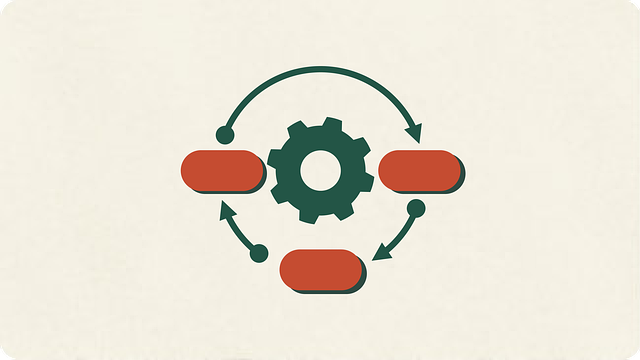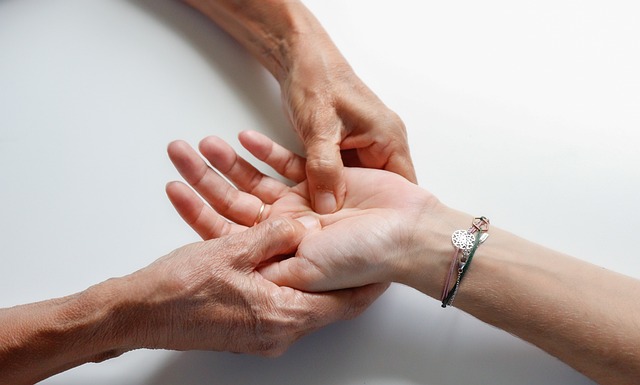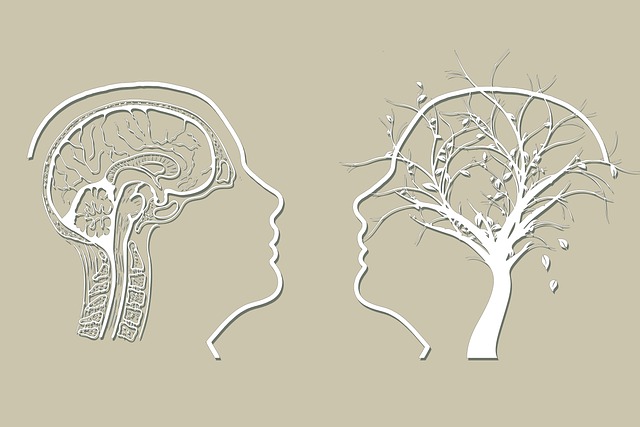Oregon's commitment process begins with a thorough initial assessment, gathering detailed mental health, substance use, and trauma information. This multi-faceted evaluation tailors personalized support plans, ensuring efficient resource allocation. Post-program, ongoing support includes regular check-ins, case management, and resilience-building strategies for successful community reintegration, emphasizing stability and understanding the commitment process.
Oregon’s commitment process offers a structured pathway for individuals seeking support. This article guides you through the key stages, ensuring a comprehensive understanding of the commitment journey. From initial assessments to ongoing follow-up, each phase plays a vital role in effective planning and support. By delving into these sections—Initial Assessment and Eligibility, Comprehensive Evaluation and Planning, and Ongoing Support and Follow-up—you’ll gain insights into Oregon’s commitment process, empowering informed decisions for those navigating this crucial period.
- Initial Assessment and Eligibility
- Comprehensive Evaluation and Planning
- Ongoing Support and Follow-up
Initial Assessment and Eligibility

The initial assessment is a crucial step in Oregon’s commitment process, serving as the gateway for individuals seeking support and services. This stage involves a comprehensive evaluation to determine eligibility and understand the nature of the individual’s challenges. By examining various factors, such as mental health status, substance use history, and past trauma, professionals gain insights into the person’s needs. This assessment is not just a formality but a vital tool to tailor interventions effectively.
Understanding the commitment process begins here, where eligibility criteria are applied to ensure those seeking help meet the required standards. This ensures that resources are allocated efficiently, catering to those who truly need them. The assessment process is designed to be thorough yet sensitive, offering a supportive environment for individuals to disclose critical information essential for crafting personalized support plans.
Comprehensive Evaluation and Planning

Oregon’s commitment process is a structured journey designed to ensure a thorough understanding of an individual’s needs and goals. The initial step, Comprehensive Evaluation, involves a detailed assessment of the person’s mental health, substance use history, and overall lifestyle. This stage is pivotal in gathering essential information that forms the basis for personalized planning.
During this phase, professionals conduct interviews, review medical records, and employ various evaluation tools to gain insights into the individual’s challenges and strengths. The planning process subsequently adapts to address specific needs, aligning with Oregon’s commitment to a holistic approach. This ensures that the subsequent stages of the commitment process are tailored to foster positive change and growth.
Ongoing Support and Follow-up

After a committed individual successfully completes their program, ongoing support and follow-up are crucial components of Oregon’s commitment process. This stage involves regular check-ins with assigned case managers, who provide guidance and assistance in navigating the transition back into society. These meetings help individuals stay on track with goals set during their initial commitment, such as employment, housing, and mental health treatment.
The focus here is not just on ensuring stability but also on fostering resilience. Case managers offer resources, referrals to community services, and emotional support to help committed persons maintain their progress. Regular communication allows for early intervention if challenges arise, promoting a successful reintegration into the community while maintaining a deep understanding of the commitment process.






